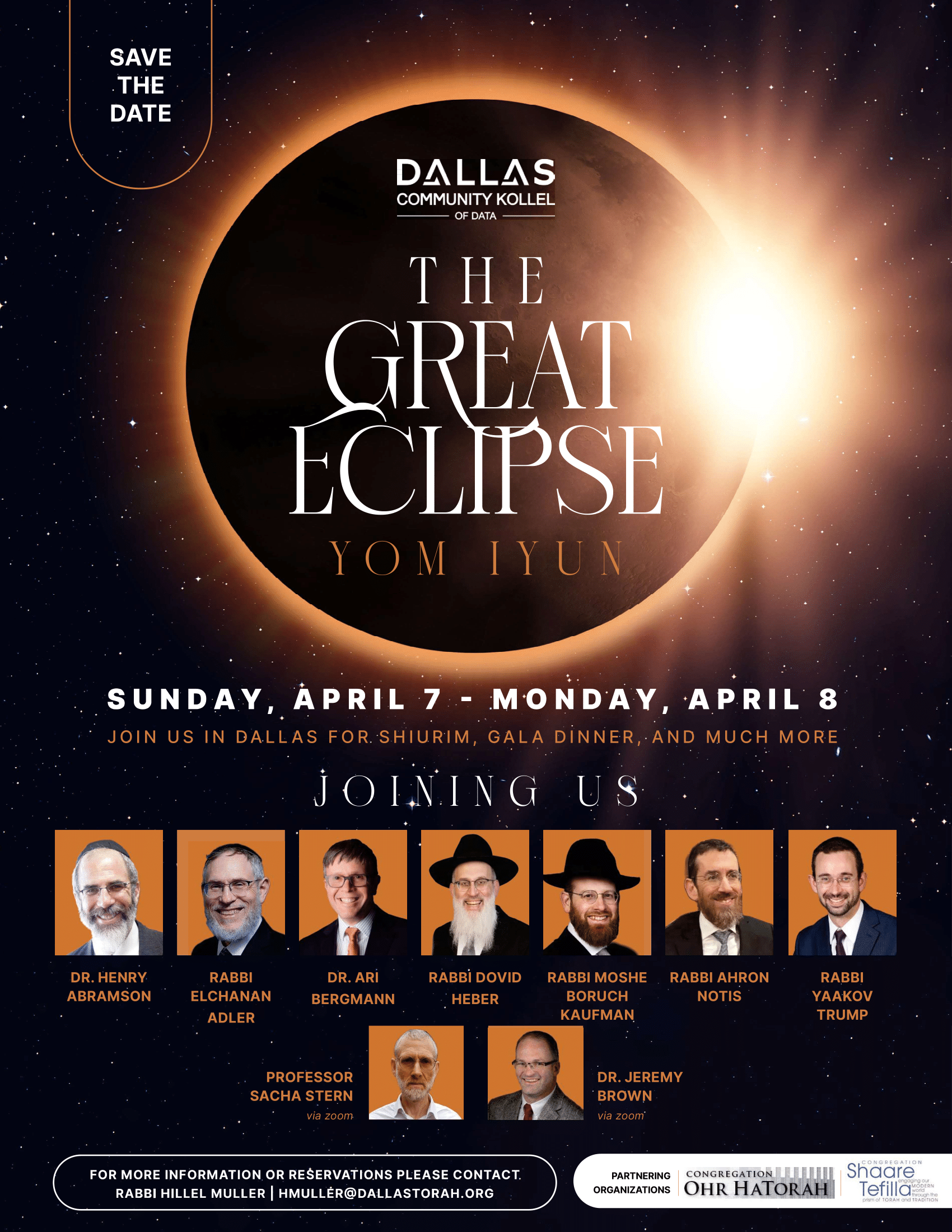Dear Taryn and Jamie,
Although many Jews may not be familiar with this concept, an afterlife is, indeed, a core Jewish belief.
The afterlife is the foundation for another Jewish belief; that there is eternal reward and retribution for our actions in this world.
These beliefs are based upon the eternity of the soul which enables it to receive an eternal reward, something which a transient body could never receive.
Let’s try to understand this a little better:
Judaism believes that the soul is paired with a physical body and charged with a unique mission to accomplish in this world. By fulfilling that mission the soul reaches its own private “tikun”, which is the ultimate completion a soul can reach by fulfilling its role. When that mission has been completed, (or not, but the time is up), the soul leaves the body and enters the next stage.
The first place the soul enters after leaving this world is called “Gan Eden” or the Garden of Eden. This place, which is the “world of souls”, is temporary, a holding place of bliss and happiness until the soul enters olam haba, or the “world to come”. This is the ultimate and final reward.
The “world to come” refers to that period of time, subsequent to the Messianic period, when the souls of those who were righteous in this world will be reunited with their bodies. They will come back to life in a greatly elevated spiritual state. The world itself will also be renewed at that time, becoming much more spiritual and a fitting abode for the renewed body/souls of men and woman who will merit to that eternal bliss.
In the physical world we presently live, our souls are hidden by our physical bodies. In the world to come the bodies will be transparent, the beautiful illumination of our souls shining through them.
These new spiritual bodies will emerge from the remaking of our decayed physical bodies. After they are reworked by God and emerge from their resting places, they will rejoin their souls and remain eternally connected to their souls to never die again. The renewed bodies will share in the souls’ reward. Body and soul will be partners in receiving the ultimate, eternal reward.
The reason for this is as follows:
A soul cannot fulfill its purpose and tikun without the partnership of a body. A soul cannot light Shabbos candles, give Tzedaka or blow a Shofar. A soul in partnership with a body can. Every mitvah that the soul performed during its lifetime on earth was with in partnership with its body. Consequently, the ultimate reward rightfully belongs to the body and soul partnership. The state of the body, when it returns in its full splendor and glory, will be radically different than the body as we now know it. In that heightened, eternal state the body will be fit to receive, together with its soul, its ultimate and eternal reward for all the good the body/soul performed in this world.
An example of this amazing rebirth would be the phenomenon of the caterpillar and butterfly. As we know, an unremarkeable gray caterpillar, near the end of its life, spins a cocoon. In a sense it digs its own “grave”, and “dies” there; only to emerge from its “death” as a beautiful multi-colored butterfly, sporting wings with which it can soar high into the sky. Our dense, physical bodies will also emerge from their state of decay into amazing spiritual entities which will soar high above anything we can now imagine.
To understand what the reward in olam haba is all about, we’ll mention a few words.
The bliss and ecstasy which the body/soul union will enjoy in the world to come is a direct outgrowth of the actions the person performed in this physical world.
More deeply, the reward is actually the mitzvos themselves which the person fulfilled during his or her lifetime. The meaning of this is as follows:
Every mitzvah is filled with a brilliant spiritual light. We don’t see it because we lack the “spiritual eye glasses” to perceive that light in our present physical state. The Kabbalists teach that when one performs the mitzvah he or she is enveloped by that spiritual light. When the mitzvah is completed, that light borne out through the mitzvah is transferred to the person’s “bank account” in the spiritual world and becomes another “brick” in the building which that person’s own personal world to come will be.
That future world is a unique and private one which every person is building his or herself through their own actions. Olam Haba is not one generic place one either gets a ticket to get in or not, rather it’s everyone’s own individual connection to G-d. That unique connection to G-d, that illumination which is the greatest possible enjoyment, is that person’s individual Olam Haba. It is there that one experiences the overwhelming joy of fulfillment in the completion of his or her potential in the world. This is the deepest pleasure; closeness to G-d, the Source of all that is good.
Sincerely,
Rabbi Yerachmiel Fried


